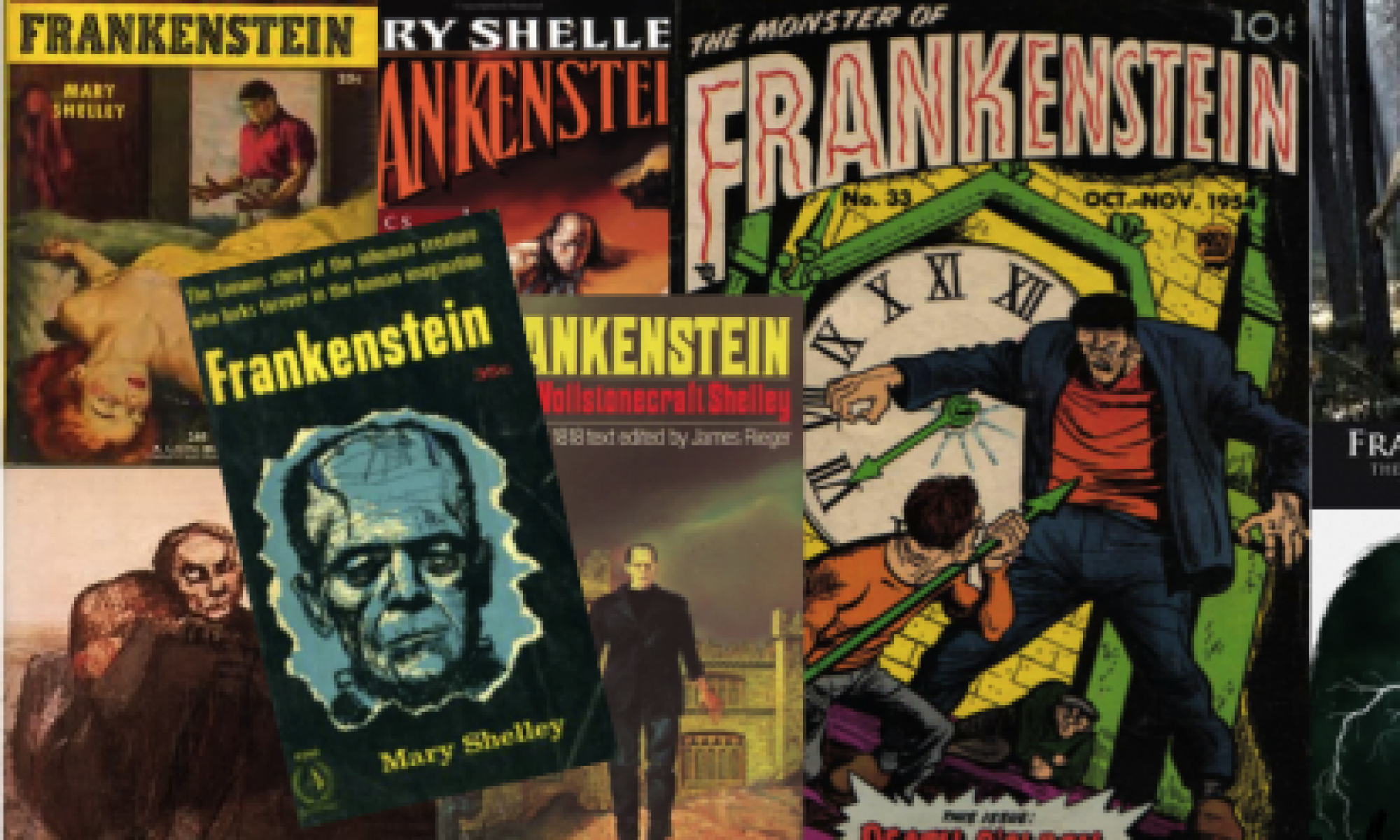To have faith in someone is to have complete trust in that person knowing that they will be at your side until the end. That being said, having belief in God is knowing that whatever happens is because of God and whatever will come, won’t be in vain. We see the use of faith as it exists in religion throughout Robinson Crusoe as Daniel Defoe writes about the transformation of Crusoe’s belief in God through his journey on the island where he uncovers his identity spiritually and mentally.
At the beginning of the novel, Robinson Crusoe, an average seventeenth-century Christian male shows himself to be like all the other Christians, trying to satisfy God by rigidly obeying him fearful of his might and power. This “power” that Robinson Crusoe believes God harbors is seen when Crusoe states, “I made many vows…that if it would please God to spare my life in this one voyage…I would go directly home to my father, and never set it into a ship again while I lived” (10). The fact that Crusoe believes God can give and take a man’s life shows how committed he is towards Christianity.
Another example of Crusoe professing his faith in Christianity is seen when he thanks God for letting him come upon on the island safely. After arriving on shore Crusoe believed it was because of gods showing mercy to him as he quoted, “I fell to my knees and gave God thanks for my deliverance, resolving to lay aside all thoughts of my deliverance by my boat” (112). Once again, Crusoe leads to God for support, because in a Christian mindset, whatever happens, is because of God. Even after he survives a shipwreck, Crusoe does not curse God or question why he has summoned this situation upon him, but he thanks God. This mindset further demonstrates the intensity with which Crusoe trusts and wholly believes in the choices made by God, even if they leave Crusoe in a dire condition.
Trying to endure the pain of being stranded on the island, Crusoe mindset on Christianity begins to change as doubt in God dépens further and further. He soon begins to discover that all the small miracles that have been happening were not the work of God, but these outcomes have been shaped by his own will. This shadow of doubt is first seen when Crusoe’s barley begins to grow during a time when it shouldn’t. He beings to praise God as he, “..began to suggest that God had miraculously caused his grain to grow without any help of seed sown and that it was so directed purely for my sustenance on that wild, miserable place.” (123). Although Crusoe is thanking God, a glimmer of contempt is revealed in the way he describes the island. While he initially thanked God for bringing him to this island, Crusoe has grown to see the flaws in his situation, perhaps alluding to his changing disposition more grounded in reality. However, moments later his, “…religious thankfulness to God’s providence began to abate” (124), realizing that all the work that has been accomplished since the island has not been the work of providence to God but actually to him. This scene is the turning point for Crusoe as he begins to hold himself accountable for his own fate. At the end of the novel, through Crusoe adventure on the island alone, Crusoe was able to become more self-independent knowing that his success on the island wasn’t because of God’s work, but his own giving his freedom from Gods guilt.
